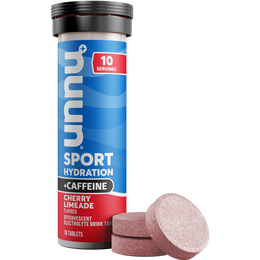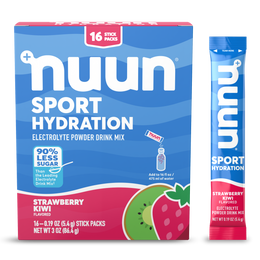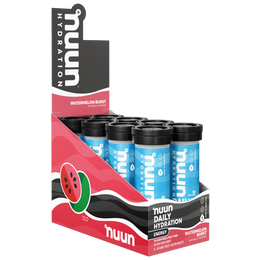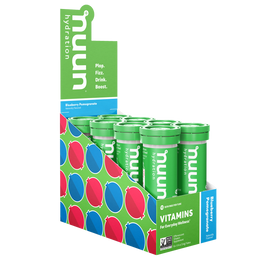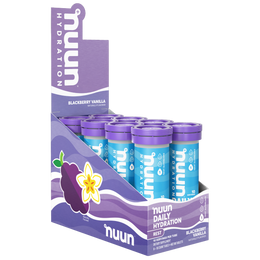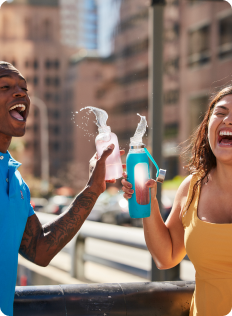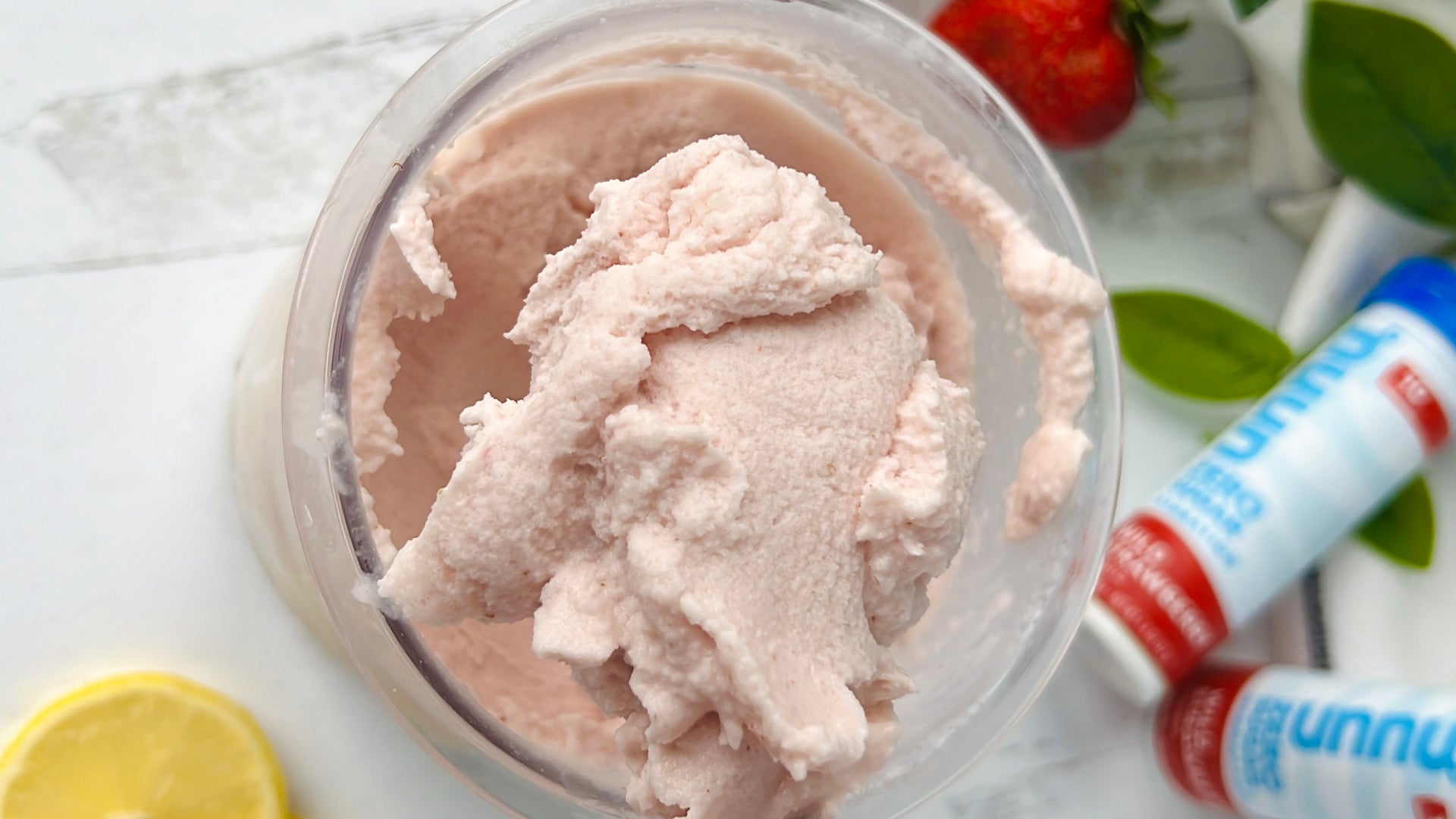Positive Mind, Positive Performance

Written by: Sam Winston (Nuun Ambassador)
Whether you are a weekend warrior or a professional athlete, there is no denying the need to prepare physically for races or competitions. We train hours upon hours, putting our bodies under lots of stress and perform strategic movements with the idea of making our bodies stronger, more resilient, and in the end…better performers. It’s easy for any athlete to get too focused on the physical aspect of training and put all of their effort and intensity into that. Doing this, they forget about another essential part to getting the most out their training and unleashing the most of their ability to perform at their highest level. Assuming that an athlete has done everything possible to prepare physically and they are also dialed in with their nutrition, if they walk up to the starting line with negative thoughts, they are doomed to perform poorly. It is possible to train the mind as well as the body, and it is possible to make the mind an essential influence for training and performing better.
Training the mind is a lot like training the body. It takes time to make improvements. Consistency is key to progress. There are a number of tools to use in order to get the most out of the time spent practicing. And most of all, training the mind results in positive improvements in performance. When you look at the most successful athletes in the world, no matter the sport, there are some key characteristics that are used to describe them apart from their physical abilities:
- Competitive
- Focused
- Determined
- Composed under pressure
- Confident
- And other positive mindsets!

These traits, much like physical abilities, are earned. Anyone can become strong mentally and utilize these tools to their own advantage. Keep in mind though, that there are a few things to consider when planning your mental training routine to make it most effective.
- Consistency: It is important to practice mental training techniques daily. People are creatures of habit and the mind is the most susceptible to habits, our thoughts are constantly working and following the conversation we have with ourselves on a daily basis. It is not only influenced by ourselves, but also all the advertisements we see, the TV shows and movies we watch, the people we listen to at work, at home, etc. In order to make a difference against the constant barrage of outside influence you need to have a constant practice of mental training
- Priority: Take your mental training as seriously as your physical training and nutrition planning. The mind is more powerful than may take notice. Just like any other kind of training you participate in, the investment of effort, time, and quality will determine what it gives back to you. In order to get the most out of your body to gain results and perform at your best, the body, the mind, and your fuel needs to be treated equally with care and intention for improvement.
- Belief: Believe in what you are doing. You will often see athletes change teams, coaches, or even gyms they associate with after a while because they will become stagnant, or their performances will level off and they will begin to doubt in the system they are using or the principles of their coach or team. Even with all the effort put into training hard, if there is no belief in the results that will happen will be beneficial, the system will likely not work.
Making sure you approach your mental training routines with these points in mind will make the tools you use truly effective and impact your training and performances. But understanding key ideas to make mental training successful will only go so far without knowing the tools at your disposal. Here a few ideas to implement into your mental training routine:
- Visualization/Imagery: This is the technique of creating mental images in your mind. You should find an environment that allows you to focus and from there begin painting a picture of your goal race, working on a specific technique, or crossing the finish line in first place. The key to this technique isn’t just rolling through the idea in your head, rather you need to create an extremely vivid picture. Imagine the cents of where you are imagining, the feel of the surfaces you are familiar with, hear the voices of the people around you, all the small details to create as realistically as possible the image in your head. The more vivid, the more positive effect it will have on your progress. A side note about this tool is that it was intensively tested and has found a connection between the mind and the body. The muscles demonstrate certain patterns to perform movement, and these patterns occur in the nervous system similarly while practicing them physically or mentally. Mental imagery of training and performance can impact the progress of human movement in a very positive manner. Not only can you refine technique while in the gym or showing up to practice, you can also do it at home or in your office taking yourself through a visualization session.
- Programmed Relaxation: This is a fantastic method that promotes self-control and an ability to increase the threshold of handling high amounts of stress. This is performed by systematically flexing and relaxing every muscle in our body. Find a space where you can concentrate, close your eyes, and go through a planned practice of flexing each muscle for a count of 10 and then purposefully relaxing from top to bottom. After performing this for each muscle, then flex the entire body for a long count of 10 and relax. Repeat the whole process a couple of times. This creates an ability to consciously take the body out of a stressed feeling and relax. Which can come in handy when feeling anxious before a competition or feeling extra stress from a hard work day or trying to prepare for a difficult workout later in the day.
- Positive Self-Talk: There is one conversation that is more important than any other. It’s also a conversation you currently have on a daily basis and don’t even think about it. That conversation is the one you have with yourself. You talk to yourself more often than any other person in your life and because of this it is key that this dialogue be positive and uplifting. It may seem cliché, it may not even appear to make a difference, but the more you talk to yourself about winning or doing well, or anything positive, the more likely you will begin to develop not just an idea of positivity, but you will become a positive person. Having a positive mindset will help you perform in training and competition with the idea that you will do better each time. It can also keep your emotions positive when you have a bad day or don’t quite perform to expectations. When all is said and done, whether you think you can or you can’t, you are right.
Training is essential to performing at the highest levels or achieving the best you can do personally. The key to improvement is not in the complexity of the routine, but rather the effectiveness of the tools being used. Mental training shouldn’t replace physical practice, and at the same time, you can’t expect to gain the benefits of the tool not investing a genuine effort and sufficient time. Optimal performance is found with a strong body AND a strong mind. Take advantage of these techniques to unlock the most out of your training.



